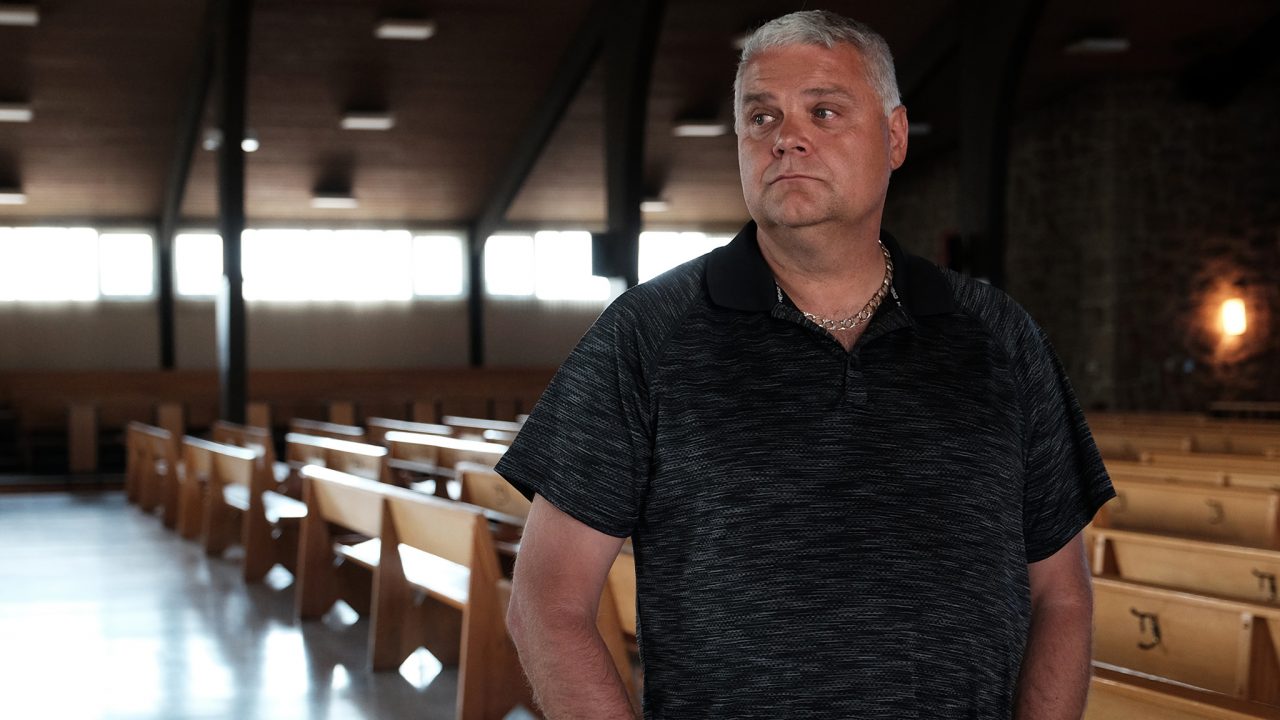
The Silence: Giving A Voice to Victims
The Silence: Giving A Voice to Victims
It was with some apprehension that I embarked on my research for The Silence in the spring of 2018. However, my fears and reservations vanished quickly as I considered the importance of making this documentary. I don’t believe I have ever confronted a more challenging subject. It was as if the entirety of my career as a filmmaker had prepared me for this moment.
Over the past few years, sexual scandals have shaken the Catholic Church, and we’ve witnessed an extraordinary media firestorm. In the face of such a cascade of breaking news about a profound evil that the Church tried in vain to obfuscate, hush up, and deny, why make a film? We made it because it offered a privileged space of meaning, but also because it allowed us to illuminate, from a never-before-seen vantage point, a human drama playing out on an almost global stage. It was as devastating for Acadia as it was for the world.
The silence we are speaking of can be deafening. It reveals such a dark dimension of human life and exposes an injustice and cruelty so profound that we would like nothing more than to cover our eyes and ears and just pass by, pursuing our own pleasant little path through life. This reaction may be legitimate, but is that how a society advances? I don’t think so.
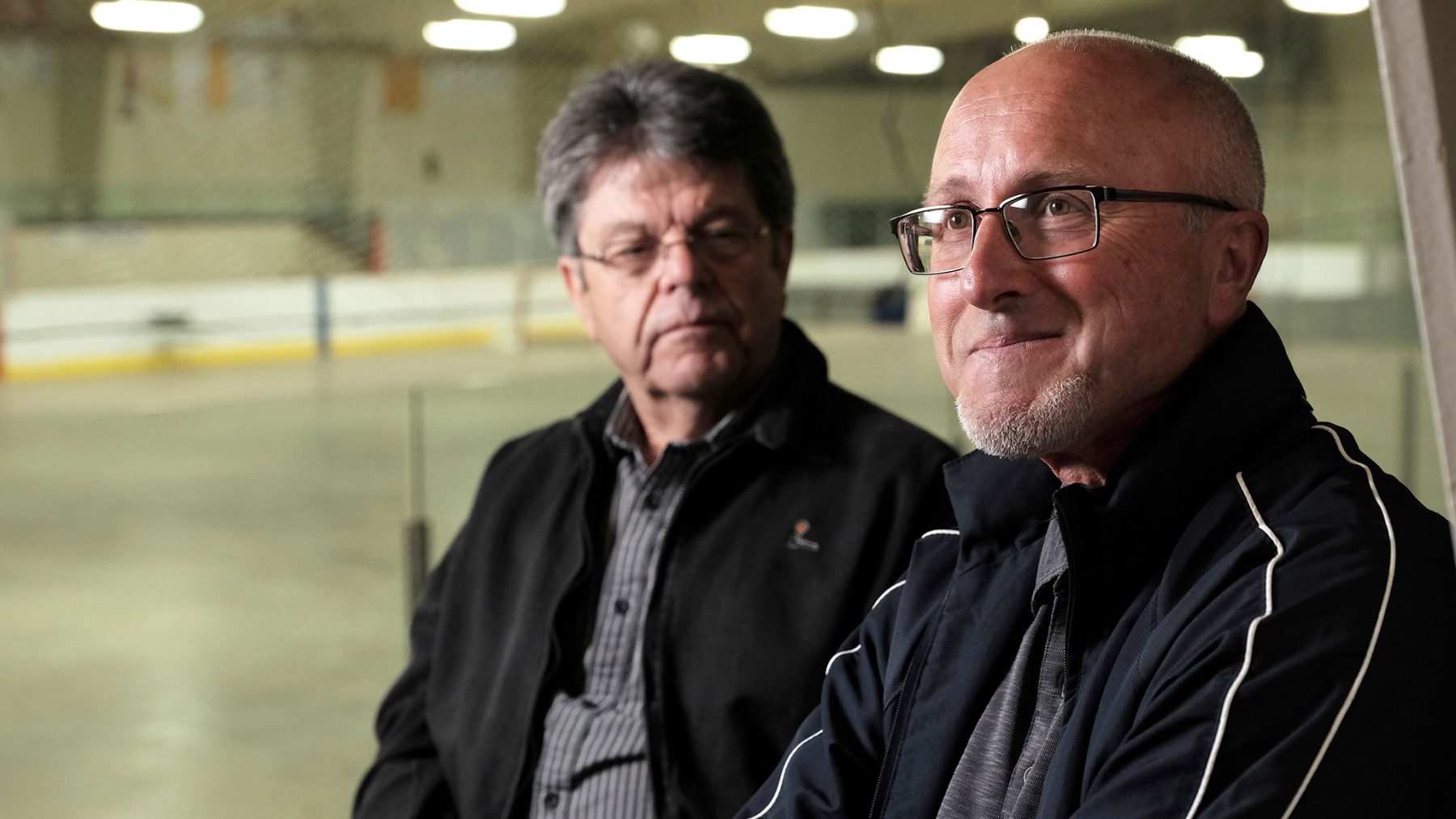
Ola Cormier and Bobby Vautour at the Cap-Pelé Arena (NB).
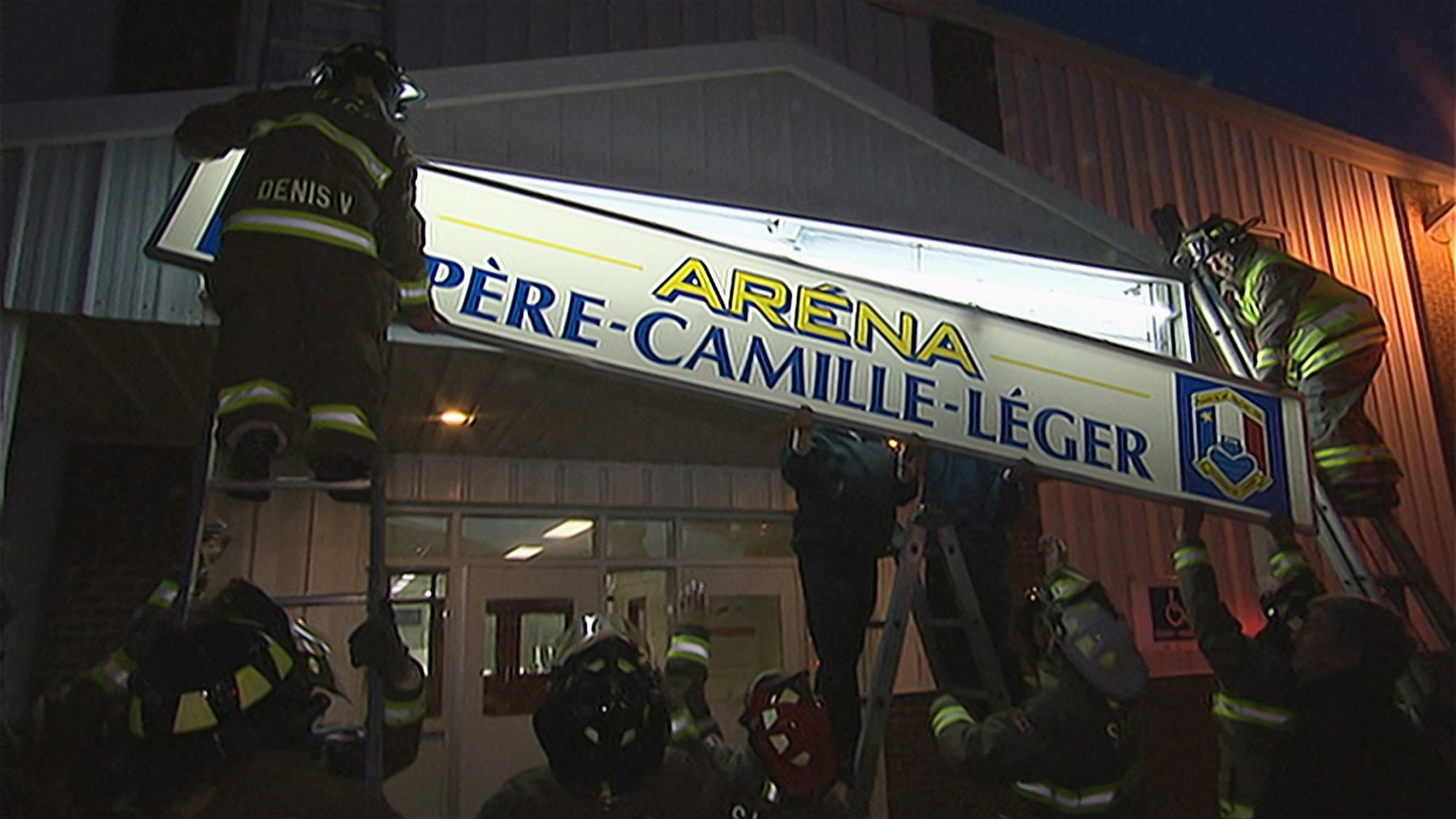
Cap-Pelé Arena (formerly Père-Camille-Léger Arena), NB.
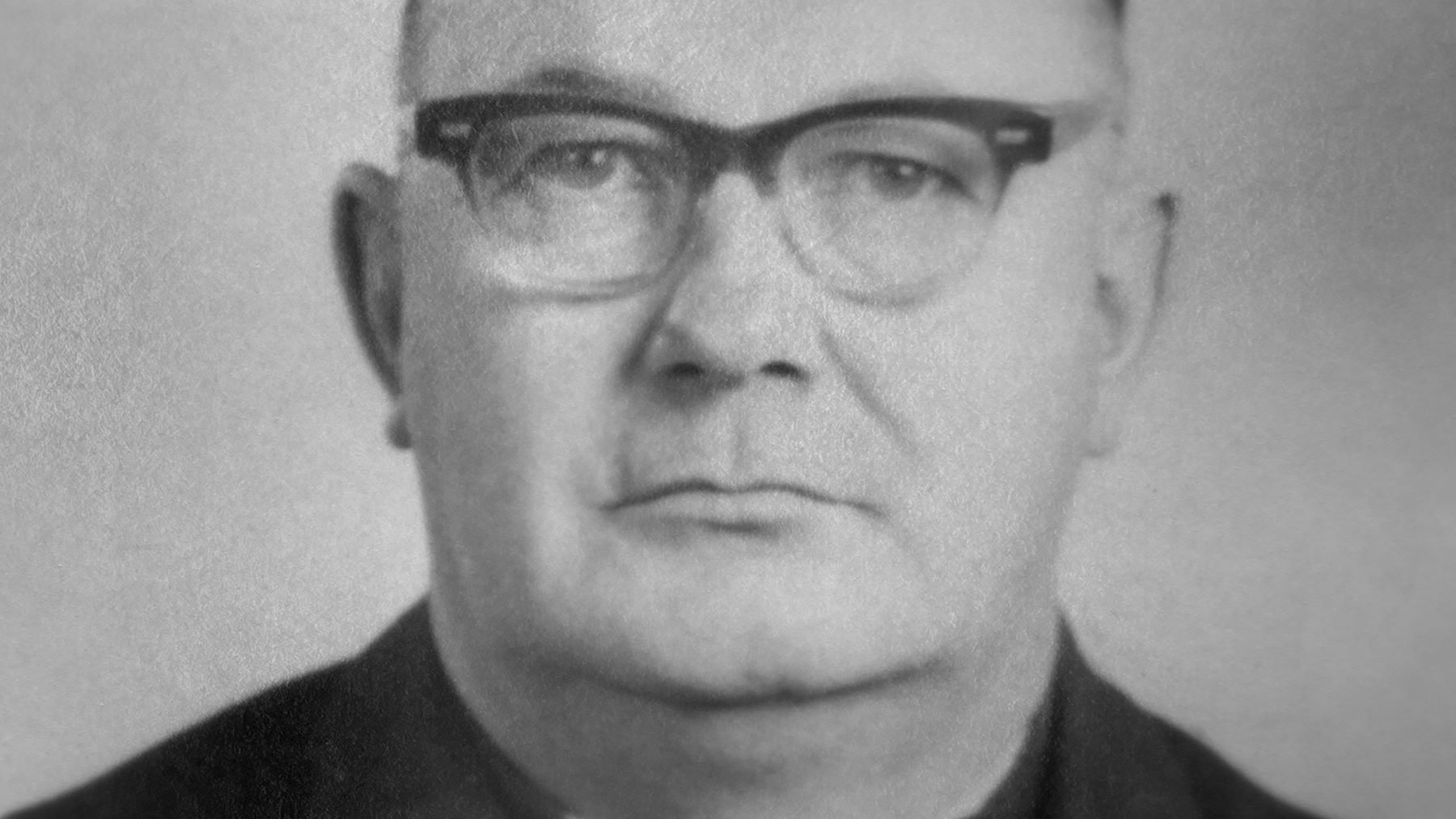
Cap-Pelé priest Camille Léger.
The Silence attempts to pull the veil away from an extremely complex subject. We can’t pretend to have followed it through all its twists and turns. We never will. Knowing that we can’t say it all, can’t tell the whole story, we nonetheless have to take and defend a position. I chose to give the men who came forward to denounce their abusers a chance to tell the story of their broken childhood, in their own words. Eight years after the scandals came to light, many of the survivors from the New Brunswick village of Cap-Pelé are still embroiled in a maze of legal proceedings. These victims are living in a kind of limbo, in silence. Our film gives them a voice. Finally.
Because the survivors were so strong and yet so vulnerable, I thought it was necessary for me to take the risk with them—appearing in front of the camera—not just to show solidarity, but because I believed that my reflections on the ethical, moral and civic implications of my own silence, and my need to break through it, could be a kind of key that allows the viewer to enter into this difficult but necessary narrative.
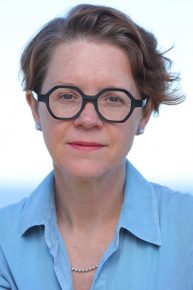
During the first cycle of my life as a filmmaker I was focused on engagement—commitment—in all its forms. This quest allowed me to find a place in the world. Beginning in 2015, I entered a new era. The force of circumstances changed my relationship to time. My relationship with the world, too. Twenty-five years after making Vocation ménagère, my first film as an auteur director, I realized that my fascination with the engagement of others has shaped my own. In this new season of my life as a filmmaker I want to explore, at the individual human level, issues that are in many ways far bigger than we are, and before which we often feel powerless. Looking at the growing cynicism that is taking over everything, everywhere, I choose without hesitation to call on the humanity we all share.
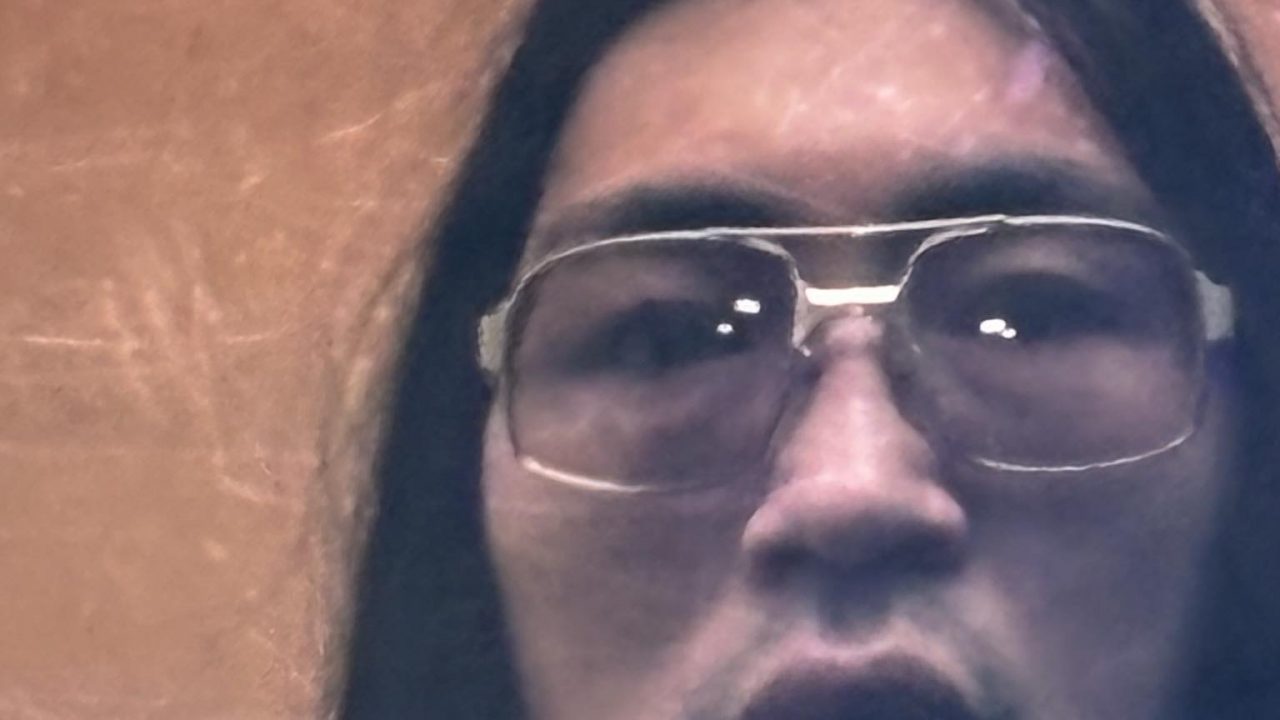
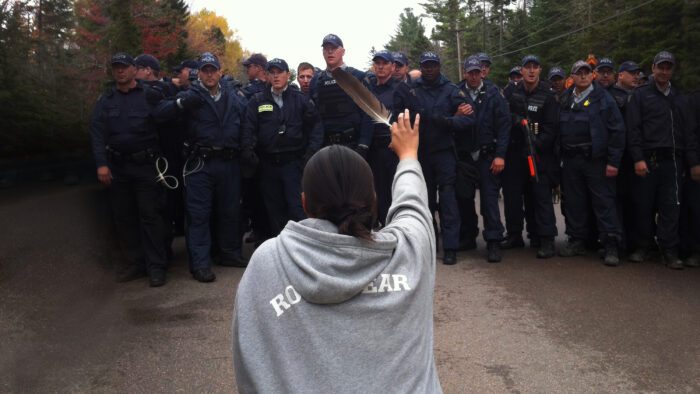
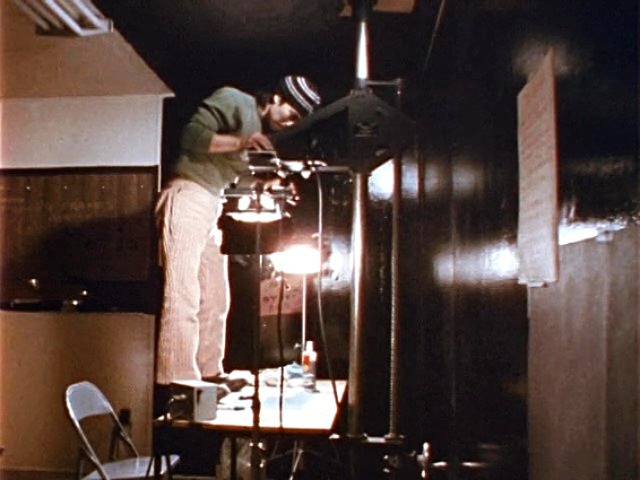
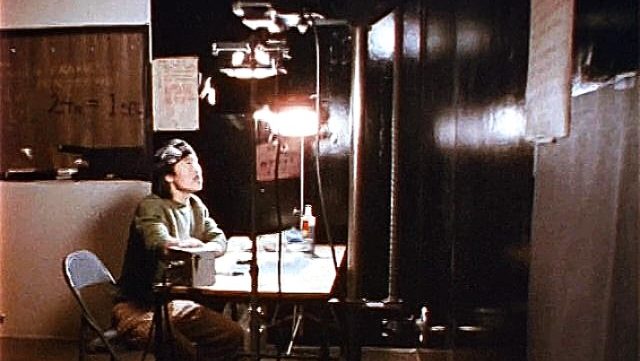
Dear Renee
Have just finished watching your most powerful documentary “The Silence”. It was incredibly hard hitting and a very moving piece of film- making. A friend of mine in Toronto had viewed the documentary this morning and immediately contacted me to watch it too, as he has stayed with me at my summer house in Cap-Pele and thought I would be most interested in your film. That puts it mildly. The vulnerability and strength shown by some survivors, as you mention and will be so clear to anyone who watches this, is truly gut wrenching and moved us both to tears on several occasions.
I only became aware of the abuse that took place at the hands of Camille Leger, when a neighbour spoke to me one morning about his son’s suicide. He told me how troubled his son’s life had become, how despondent and depressed he was from the abuse he suffered all those years ago. He would have been in his 50’s at the time of his death, so I assume that he must be the same person Michel Bastarache spoke of during the time settlement cheques were being sent out. This documentary sure opened my eyes to what really took place during the ‘reign of abuse’ by C. Leger.
This is an excellent documentary and I commend you, your crew and supporters for all your hard work and effort and years put into this project.